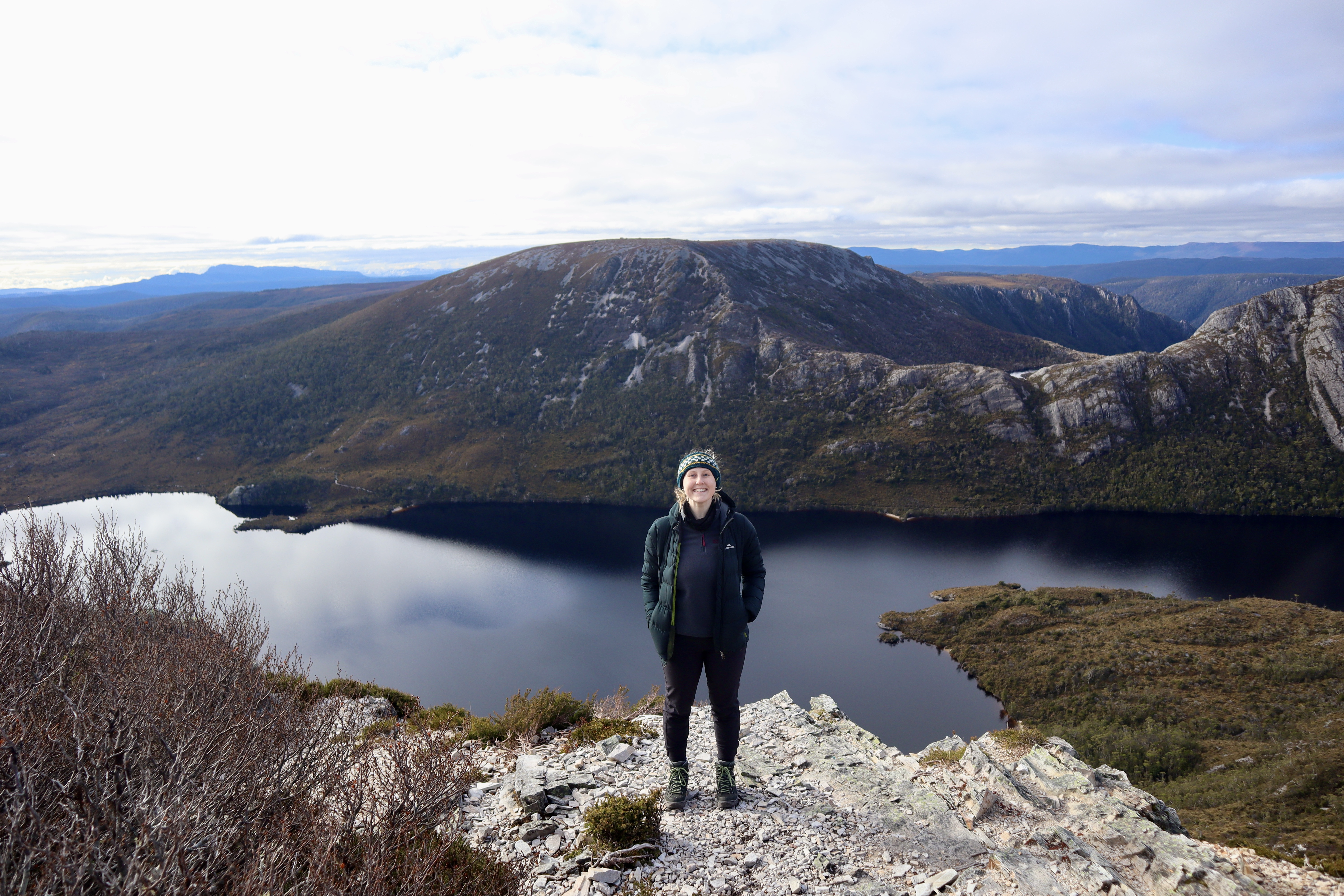What inspired you to go into fire engineering?
I found my passion for fire engineering while working in the fire lab at University of Queensland during my first year. The time I spent in the lab helping with experiments gave me great, up-close exposure to everyday examples of how fire impacts the things we do. It ignited my interest in understanding how fire behaves and learning how we can apply that knowledge to keep people safe.
For those who don’t know, can you explain the role of a fire engineer?
The role of fire engineering can come in many shapes and sizes. Most fire engineers work in research and academia, or as consultants. As a consultant myself, I provide advice and input to the design and construction of many different types of property and buildings throughout Australia (and sometimes worldwide).
This primarily includes developing fire safety strategies to ensure that a fire is contained, occupants can get out safely, and the fire brigade are able to safely enter the building. These strategies extend across all types of infrastructure including, but not limited to, shopping centres, stadiums, residential buildings, and areas of restricted access such as prisons.
Can you tell us a bit about your work?
A lot of the work I do is related to the development of fire safety strategies. This includes some report writing but also other things such as fire dynamics modelling. In fire dynamics modelling we build model versions of structures on the computer and then develop fire scenarios that we test within those structures to ascertain, primarily, smoke and temperature conditions in the room throughout the duration of the fire. These results can be used to develop the fire strategy and potentially provide significant cost and time savings to clients.
What have been some challenges you’ve faced as a graduate engineer?
The main challenge I faced when I entered the engineering industry was adjusting to the high pressure and fast pace of the on-the job-learning environment, as well as the change of writing style from academic to professional.
I also found being a young female entering a primarily male dominated industry was quite daunting and somewhat isolating at times. In saying this, it’s been great to see how the diversity of the teams has changed over the past few years to include a wider variety of people from different genders, cultures, ethnic backgrounds and ages.
What advice do you have for other young engineers?
Take opportunities when they come your way (where possible). I’m the type of person to get slightly caught out on this one and say yes to everything but some of the best experiences and exposure I’ve had has been from project opportunities that have come my way by luck.
Get involved with the events and groups going on around you. You might be surprised how much you can develop your career through the connections you make when socialising with a wide variety of people.
Also, develop your initiative and be curious about your work so you can better apply your knowledge to future projects.

